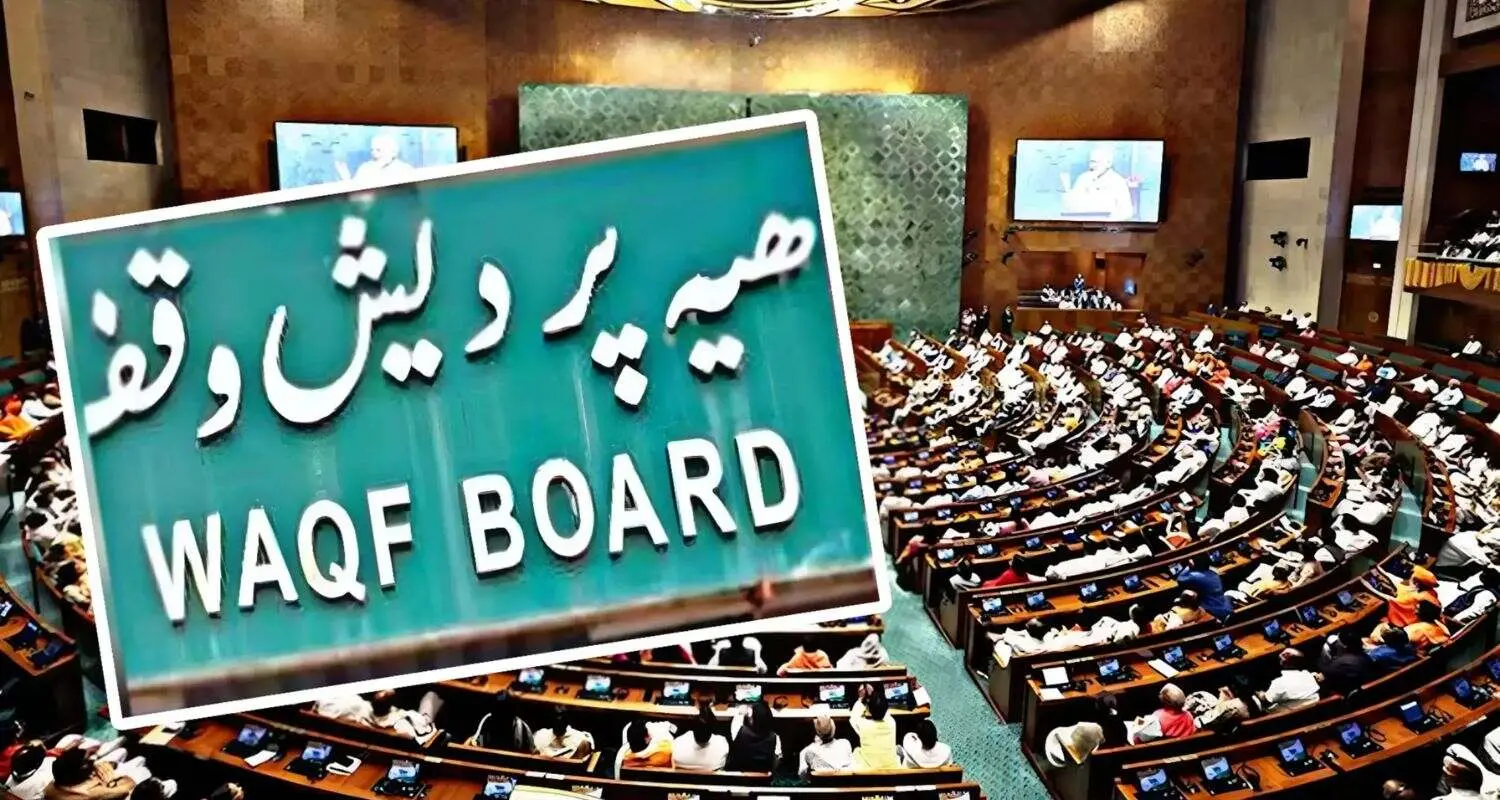On April 02 2025, India’s Lower House of Parliament passed the Waqf Amendment Bill introducing significant changes to the management of Muslim endowments, known as Waqf. The bill which aims to enhance transparency and government oversight has sparked considerable debate and controversy.
Key Amendments in Waqf Bill
Inclusion of Non Muslim Members – The bill mandates the inclusion of at least two non-muslim members in both the Central Waqf Boards. Proponents argue this will promote diversity and transparency, while critics contend it undermines the autonomy of Muslim religious instituitions.
Government Oversight of Waqf Properties – The authority to determine the status of disputed Waqf properties now rests with district collectors, replacing the previous role of the Waqf Board. This shift is intended to streamline dispute resolution but has raised concerns about potential government overreach and safeguarding of Muslim property rights.
Elimination of Waqf by User – The bill removes the concept of ‘Waqf by User’ which previously allowed properties to be recognized as Waqf based on long term use. This change seeks to clarify property ownership but may impact longstanding Waqf properties lacking formal documentation.
Read detailed information about waqf board property
Revised Criteria – Only individuals that have practiced Islam for five years and own the property in question can declare a Waqf. This provision aims to prevent misuse but has been criticized for being exclusionary.
Enhanced Government Audit Powers – The central government is now empowered to audit Waqf accounts through the Comptroller and Auditor General CAG or designated officers, aiming to increase financial transparency.
The bill now awaits deliberation in the Upper House and requires presidential assent before becoming a law. Its progression will be closely monitored, given its significant implications for religious autonomy and minority rights in India.

